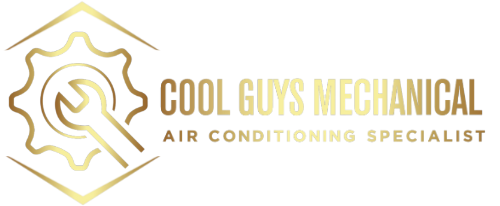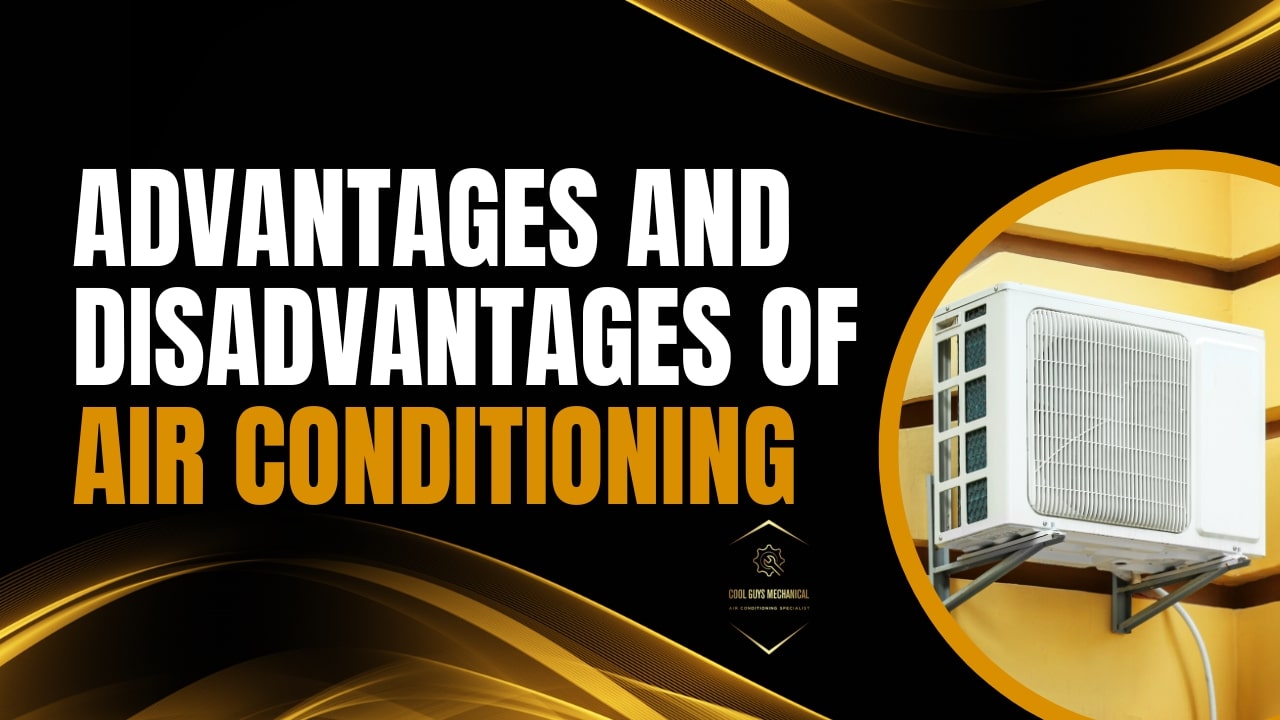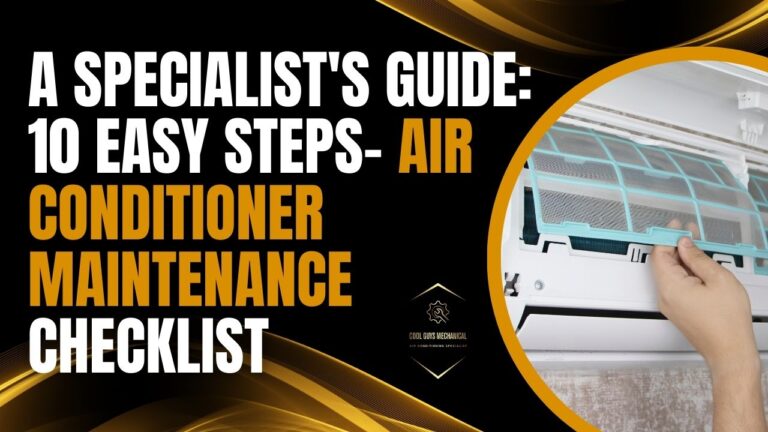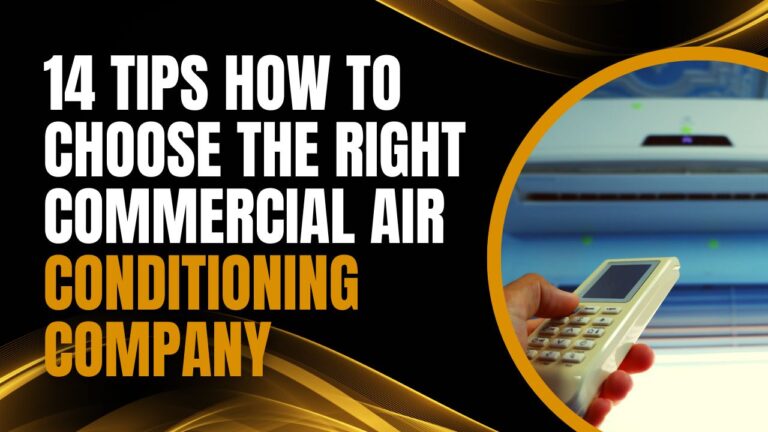If you’re living in a hot and humid country, finding a way to cool down and beat the heat is a must. With the earth’s rising temperatures, it’s only a matter of time before having an air conditioner becomes a necessity and no longer a luxury.
That being said, you should know the best air conditioning maintenance and care tips to keep your AC in top shape. If not, there are air conditioning specialists who can help you take good care of your unit.
However, having an air conditioner isn’t all sunshine and rainbows. There are several advantages and disadvantages that you should know. If you’re not entirely sure whether or not you should get an AC unit, we hope these pros and cons of having an AC will help you weigh your options and make your decision. Without further ado, here are the advantages and disadvantages of air conditioning.
Advantages of Air Conditioning
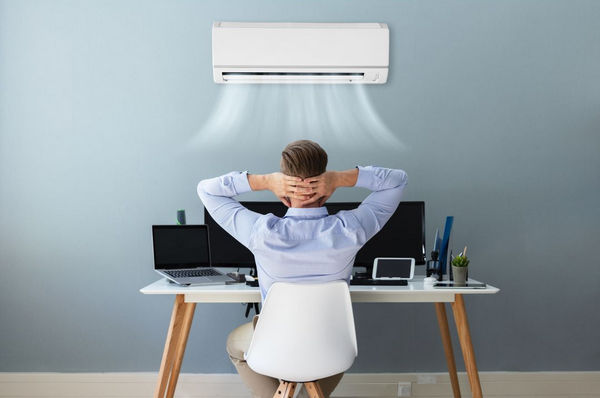
Comfort
Unless your home has great ventilation, having air conditioning can help regulate the temperature inside your house, lessen the humidity, and improve air quality in order to create a more comfortable indoor environment. If you want to be comfortable during the summer season, having an AC is a great way to achieve that.
Improved Health
Allergic to dust and pollen? Air conditioning can help reduce the number of pollutants, dust, and allergens in the air inside your house. This can lead to improved health, especially for people in your family with respiratory issues.
Better Sleep
If you want to improve the quality of your sleep, having air conditioning can help. Sleeping in a cool and well-regulated temperature helps provide a more comfortable sleeping environment. This is perfect for those who are usually stressed all day long and wants to have a good quality rest at the end of the day.
Increased Productivity
For people who are working at home, having air conditioning can help you create a more comfortable work environment. Studies show that people tend to be more productive when they are working in a comfortable, well-ventilated area. It can also help you focus and get things done for the day without delay.
Protects Equipment
Working at home in a warm environment may cause your computer or other gadgets to overheat. Air conditioning can help protect whatever sensitive equipment and machinery you may have from damage due to overheating.
Disadvantages of Air Conditioning
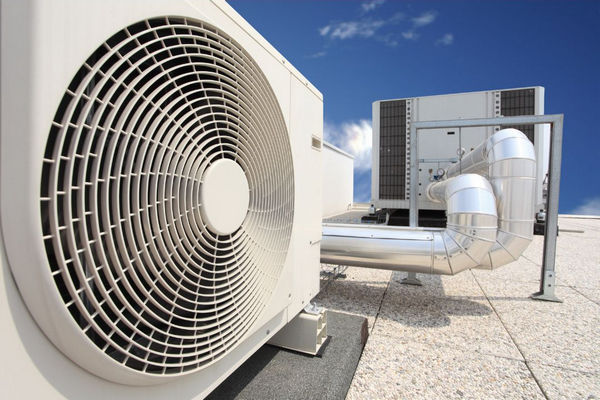
High Energy Use
Living in comfort due to having an AC unit has a price to pay, literally. Since air conditioning uses a lot of energy, this can lead to higher energy bills. Not only that, but it also increases carbon emissions which contributes to climate change.
In order to lessen this harmful effect on the environment, get to know the most efficient ways to use your air conditioner.
Health Risks
If you’re not scheduling a regular maintenance check on your AC units with your trusted air conditioning specialists, it will take a toll on your air conditioner’s efficiency and work performance. Poorly maintained air conditioning systems can harbor bacteria, mold, and other contaminants, which can cause health problems for you and your family.
Dry Air
The cool air you enjoy from your air conditioning can dry out indoor air, which can cause skin irritation, respiratory problems, and other health issues. If you’re staying longer in an air-conditioned room, you might want to have a pretty solid skincare routine to take good care of your skin.
Noise Pollution
Some air conditioning units can be noisy, which can be a distraction and cause discomfort for you and your family, especially if you have a baby sleeping. The best thing you can do is to choose an AC unit with minimal, if not inaudible buzzing sound.
Cost
Not a lot of people have air conditioning because it can be expensive to install and maintain. That’s why it’s important that you know how to use your AC efficiently and how to care for it so that it will last longer.
How to Choose the Right Air Conditioning for You
Not sure which air conditioning unit to choose? There are several factors that you need to consider. These are some of the things that you need to take into consideration to help you select the right air conditioning system that suits your needs.
Room size
The size of the room or space you want to cool will determine the cooling capacity you need. A system that is too small for the space will not provide adequate cooling, while one that is too large will waste energy and increase costs. You can calculate the required cooling capacity using a BTU (British Thermal Unit) calculator.
Energy efficiency
Consider the energy efficiency of the air conditioning system you are considering. Higher energy efficiency units can be more expensive upfront but can save you money on energy bills over time. Look for systems with higher SEER (Seasonal Energy Efficiency Ratio) ratings.
Type of system
Determine which type of air conditioning system suits your needs best. In the next section, you’ll discover there are several types to choose from, including window, portable, split-system, and ducted air conditioning systems.
Noise level
Consider the noise level of the air conditioning system you choose, particularly if it is for a bedroom or living area. A noisy unit can be distracting and impact your comfort levels so you might want to opt for one that has an inaudible noise level.
Maintenance and upkeep
Different air conditioning systems require different levels of care and upkeep. Make sure you choose a system that is easy to maintain and comes with a warranty. As you read further, we will spill our secrets on how to choose the right local AC contractor in order to help make sure that your AC units are properly maintained and well taken care of.
Installation
Some air conditioning systems are easier to install than others. Portable and window air conditioning units can typically be installed by the homeowner, while split-system and ducted air conditioning systems require professional installation. You can trust the best Honolulu air conditioning installation service available near you.
Budget
You must also consider your budget when selecting an air conditioning system. You can find affordable units for smaller spaces, but larger or more complex systems will likely have a higher price tag. You can also opt for second-hand AC units but make sure to check thoroughly to make sure it’s still working without a hitch or snag.
Which Type of Air Conditioner is Right for You
There are a lot of factors that you should consider before choosing the type of air conditioner that’s best for you. This includes taking into consideration the size of the room or space you want to cool, your budget, the climate of your location, and of course, your personal preferences.
Get to know which type of air conditioner is right for you with these common types of AC units and their features:
Window air conditioners:
These are easy-to-install and cost-effective options for cooling a single room. They are installed in a window and are ideal for small spaces. They can be noisy, however, and may not be the most energy-efficient option.
Portable air conditioner:
These are easy to move around and can be used in different rooms, making them a versatile option. They are also less expensive than central air conditioning systems. However, they require a vent to the outside and can be noisy and less efficient than other options.
Split-system air conditioner:
These are comprised of two units, one inside the room and one outside. They are energy-efficient and provide quiet cooling, making them ideal for larger rooms or spaces. They are more expensive than window or portable air conditioners, however.
Ducted air conditioners:
These are best for larger homes or commercial spaces, and require professional installation. They provide central cooling and are quiet and energy-efficient. However, they are the most expensive option.
Which Type of Air Conditioner is Right for You
Aside from knowing how to choose the right AC unit for your home, it’s as important to know how to choose the right local AC contractor to help install, maintain, and repair your air conditioning. This important decision can affect the comfort of your home and the efficiency of your cooling system.
These are the things that you should look for when choosing the best Honolulu air conditioning repair contractors.
Check their licensing and insurance
Make sure the contractor is licensed by the state to install and repair air conditioning systems. Also, ask for proof of liability insurance and workers’ compensation insurance.
Look for experience
Look for a contractor who has been in business for a while and has experience working with your type of air conditioning system. Experienced contractors are more likely to have the skills and knowledge needed to diagnose and repair problems quickly and efficiently.
Ask for references
Ask the contractor for references from previous customers. Contact these customers to ask about their experience with the contractor, including the quality of their work, their timeliness, and their professionalism.
Get multiple quotes
Get at least three quotes from different contractors. This will help you compare prices and ensure you are getting a fair price for the work.
Check for certifications
Look for contractors who are certified by industry organizations such as NATE (North American Technician Excellence) or ACCA (Air Conditioning Contractors of America). These certifications indicate that the contractor has met high standards of knowledge and professionalism.
Read reviews
Look for reviews of the contractor online, on websites such as Yelp and Google. This will give you an idea of the experiences other customers have had with the contractor.
Ask about warranties
Ask the contractor about warranties on their work and the equipment they install. A good contractor will stand behind their work and offer warranties that provide peace of mind.
At first glance, air conditioner units seem to be simple but there are actually a lot of things that you need to consider before buying one. First, you have to weigh its advantages and disadvantages. Are you willing to pay a higher electricity bill for better sleep quality? You decide.
Second, you have to know how to choose the right air conditioning for you. You must take into consideration your room size, its energy efficiency, type of system, noise level, maintenance and upkeep, installation, and of course your budget.
Third, you have to know which type of air conditioner is right for you. The most common types of AC units are window ACs, portable ACs, split-system ACs, and ducted ACs.
And lastly, you have to know how to choose the best local AC contractor as well. When you’ve got all these things figured out, you’ll be able to enjoy the coolness your AC will bring.
